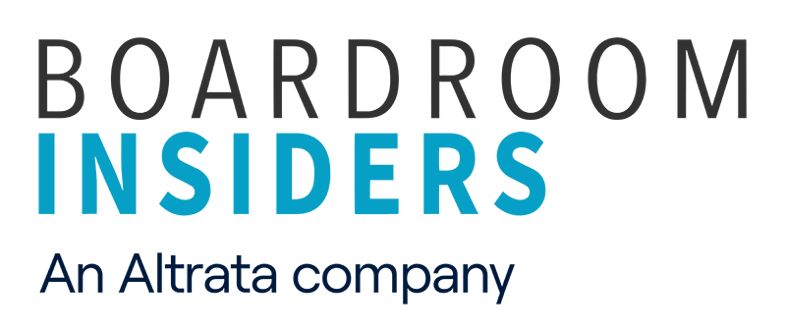I just found out that Tom O'Toole has been named CMO of United Airlines. I have been following his career for quite awhile. While at Hyatt Corp., he held a dual role: Chief Marketing Officer AND Chief Information Officer. This is a very unusual combo and puzzling to many. How can one person be an expert in both marketing and technology--both left brain and right brain?
No one explains it better than O'Toole himself. Just listen to some of the insight he has shared over the years: "The priority needs and interests of marketing and IT tend to go hand in hand," he said. Long considered outside the purview of marketing directors, qualitative information is something O'Toole has repeatedly counseled fellow CMOs to "get comfortable dealing with." He has encouraged CMO's to learn about various technologies, including XML, relational databases and ASP's. "One need not be a chief technology officer - being conversant is enough," he said.
In 2009, O'Toole told BearingPoint, "CMOs and CIOs may not realize it, but they increasingly share a common aim: They both are working to create information-driven enterprises. Marketing is increasingly conducted through IT-enabled media driven by database analytics/applications...in my view, the areas of overlap between these two spheres are where the most dynamic, interesting, important, growing business activities are happening."
O'Toole is not the only one who feels this way. Bob Willett, the CEO of Best Buy International (and a former CIO himself) believes that the path to the corner office is going to skew more toward the CIO role in the future. "A lot of CEOs have come from the CFO background - in the future I think a lot of the CEOs are going to come from the CIO background. Because technology...it's the only thing that touches every single facet of the company in great depth and great detail. And so I think the route to the corner office in the future, five ten years, is going to be much more via the CIO route than it is the CFO route today."
What does this mean for those of us trying to engage them? It means you can no longer make assumptions about the CMO or CIO persona or archetype. With the convergence of business, marketing and technology, the people ascending to these positions come from more diverse backgrounds. It is important we look at them as individuals and tailor our messages to speak their language.
For example, if you are pitching a marketing solution to O'Toole that has a technology component–say a marketing analytics package or virtual events platform–you better be prepared to answer questions about what's under the hood and how the back end technology could integrate with solutions he is already using. While this is not typically what you would expect with a CMO, given his background, it could come up. Don't be caught unprepared.
No one explains it better than O'Toole himself. Just listen to some of the insight he has shared over the years: "The priority needs and interests of marketing and IT tend to go hand in hand," he said. Long considered outside the purview of marketing directors, qualitative information is something O'Toole has repeatedly counseled fellow CMOs to "get comfortable dealing with." He has encouraged CMO's to learn about various technologies, including XML, relational databases and ASP's. "One need not be a chief technology officer - being conversant is enough," he said.
In 2009, O'Toole told BearingPoint, "CMOs and CIOs may not realize it, but they increasingly share a common aim: They both are working to create information-driven enterprises. Marketing is increasingly conducted through IT-enabled media driven by database analytics/applications...in my view, the areas of overlap between these two spheres are where the most dynamic, interesting, important, growing business activities are happening."
O'Toole is not the only one who feels this way. Bob Willett, the CEO of Best Buy International (and a former CIO himself) believes that the path to the corner office is going to skew more toward the CIO role in the future. "A lot of CEOs have come from the CFO background - in the future I think a lot of the CEOs are going to come from the CIO background. Because technology...it's the only thing that touches every single facet of the company in great depth and great detail. And so I think the route to the corner office in the future, five ten years, is going to be much more via the CIO route than it is the CFO route today."
What does this mean for those of us trying to engage them? It means you can no longer make assumptions about the CMO or CIO persona or archetype. With the convergence of business, marketing and technology, the people ascending to these positions come from more diverse backgrounds. It is important we look at them as individuals and tailor our messages to speak their language.
For example, if you are pitching a marketing solution to O'Toole that has a technology component–say a marketing analytics package or virtual events platform–you better be prepared to answer questions about what's under the hood and how the back end technology could integrate with solutions he is already using. While this is not typically what you would expect with a CMO, given his background, it could come up. Don't be caught unprepared.





Share Your Thoughts